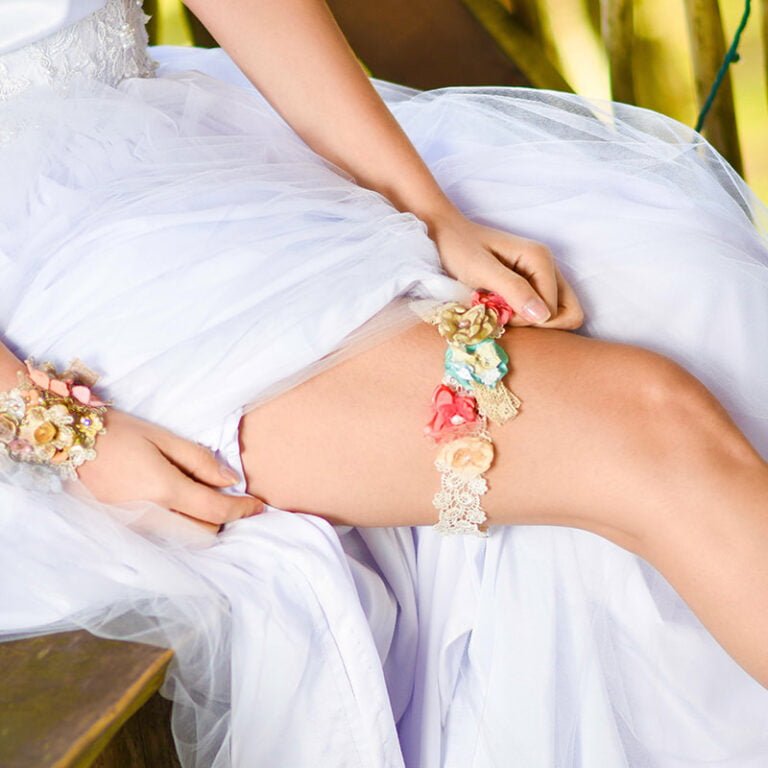comme
The French word “comme” can function either as an adverb or as a conjunction.
Adverb
As an adverb, “comme” means “how.”
- comme il est malin ! (how clever he is!)
- comme elle est belle ! (how beautiful she is!)
- comme j’aime nager ! (how I love to swim!)
Another word that is used similarly is “que.”
- que vous êtes jolie ! (how pretty you are!)
- que c’est difficile ! (how difficult it is!)
- que c’est beau ! (how beautiful it is!)
Conjunction
Comme as a conjunction can mean “as” or “like.”
- comme toujours (as always)
- ils sont bêtes, lui comme elle (he is as stupid as she is)
- fais comme moi (do as I do)
- contente-toi de dire comme moi (just say the same thing as me)
- rouge comme une pivoine (red as a beetroot)
- elle me traite comme un enfant (she treats me as if I were a child)
- un chapeau comme celui-là (a hat like that one)
- qu’est-ce que vous avez comme couleurs ? (what colours do you have?)
- qu’est-ce qu’il y a comme vaisselle ? (what is there in the way of crockery?)
- comme s’il dormait (as if he was sleeping)
- maigre comme elle est (she’s so thin)
- travailler comme jardinier (to work as a gardener)
- comme elle était seule (since she was alone)
- comme il traversait la rue (as he was crossing the road)
Idiomatic expressions
- comme quoi ! (which just shows!)
- comme çi comme ça (so so)
Etymology:
The word “comme” comes from the Latin word “quam.” In Old French, it became “com,” eventually transforming into the present-day “comme.”






